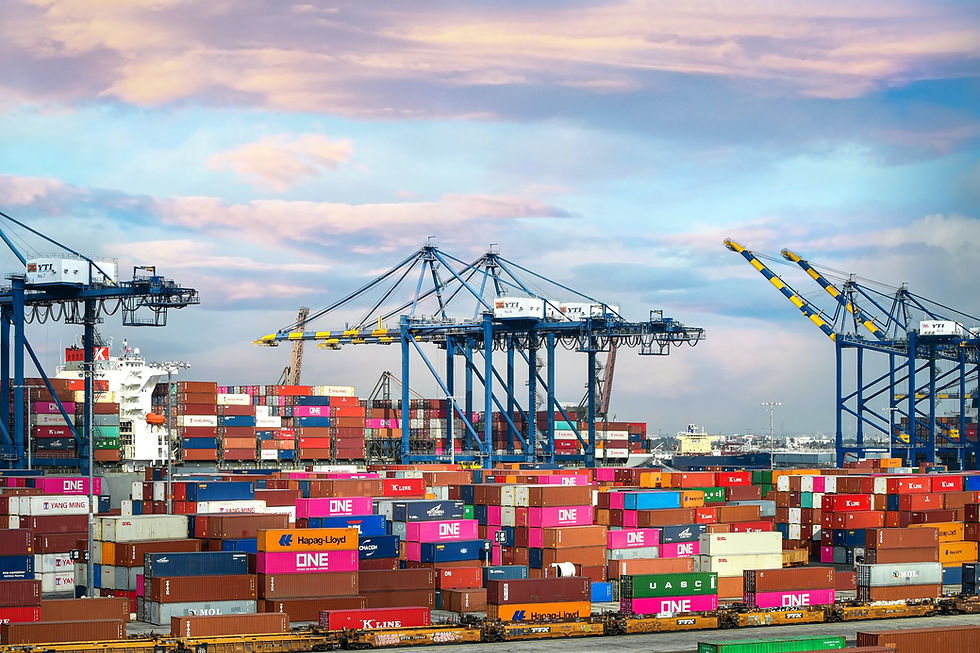The Business Map Is Being Redrawn as Power Hubs Rise and Growth Shifts Across the Globe
- Jun 5, 2025
- 2 min read

The world isn’t flat anymore—it’s being restructured in real time.
In 2025, global business power is shifting faster than most companies can track.
Old strongholds are losing momentum.
New markets are rising—not quietly, but with sharp economic focus.
And the companies paying attention aren’t just reacting.
They’re positioning.
If your business strategy still centers on the same five cities, same three markets, and the same export-import pipelines—it’s already outdated.
The Rise of New Power Hubs
The next decade won’t be dominated by legacy economies.
It’ll be shaped by strategic upstarts—cities, countries, and regions where:
Capital is flowing aggressively
Talent is young, skilled, and digital-first
Infrastructure is modern and rapidly expanding
Governments are positioning themselves as innovation partners
Watch for:
MENA and the rise of Dubai, Riyadh, and Doha as financial and entrepreneurial centers
Southeast Asia, particularly Vietnam and Indonesia, pulling manufacturing and logistics power
Sub-Saharan Africa, with Lagos and Nairobi leading fintech and mobile commerce revolutions
Latin America, where Mexico and Colombia are becoming startup and nearshoring magnets
This isn’t about “emerging markets” anymore.
It’s about next-generation business ecosystems.
The Shift from Globalization to Geo-Strategic Expansion
The era of frictionless globalization is over.
In its place: strategic regionalism and multi-polar trade networks.
In 2025:
Companies are building redundant supply chains across continents
Cross-border digital commerce is rising—but with localized positioning
Governments are using policy to compete for tech, talent, and capital
National infrastructure projects are private-sector ready
Winning companies aren’t going global.
They’re going targeted, based on resilience, regulation, and return.
Follow the Talent, Not Just the Capital
Capital still matters—but talent is becoming the scarcer, more valuable resource.
Top companies are choosing new HQs and regional hubs based on:
Time zone alignment with global clients
Access to high-skill, lower-cost labor
Government incentives for remote-first operations
Lifestyle perks that attract digital-native workers
This is why Lisbon, Buenos Aires, Bali, and Tbilisi are on corporate radar.
You don’t just need engineers. You need engineers who stay.
Business Strategies Are Now Location-Aware
A winning 2025 business strategy includes:
Real-time geopolitical tracking
Scenario planning for multi-market entry
Cross-border compliance and digital tax strategy
Regional brand positioning (not one-size-fits-all)
Growth isn’t just about where you sell.
It’s about where you build, where you base, and where you belong in the new map.
The Bottom Line
The global economy isn’t shrinking.
It’s shifting—loudly, visibly, and strategically.
Growth is still everywhere—but not where it used to be.
The most agile businesses are already in motion.
They’re mapping new cities, exploring new partnerships, and building future-proof operations across borders.
If you’re not expanding intentionally, you’re retreating accidentally.
The map is redrawn. Time to pick your coordinates.




Comments